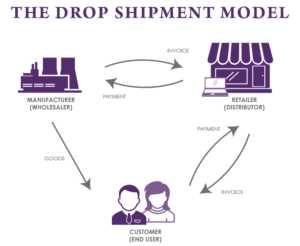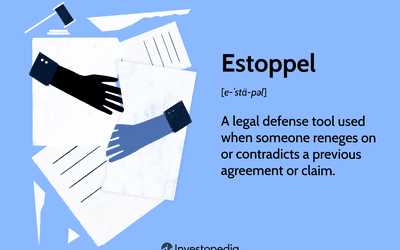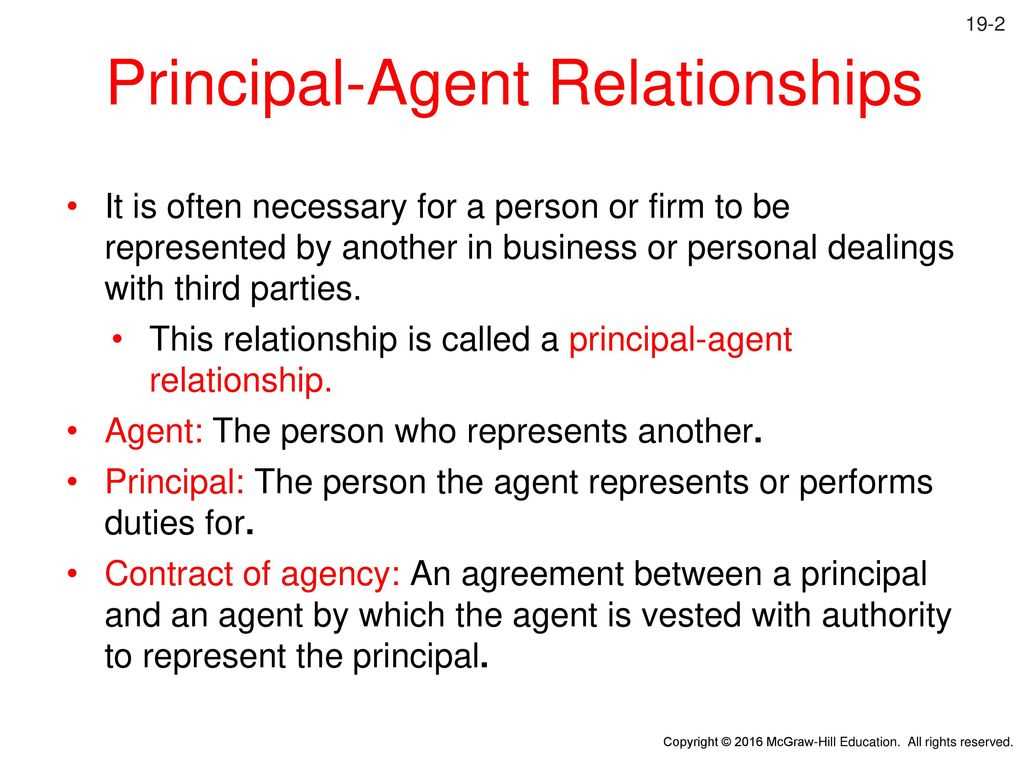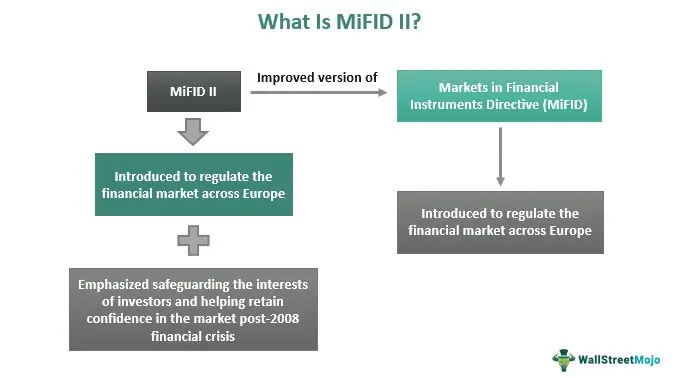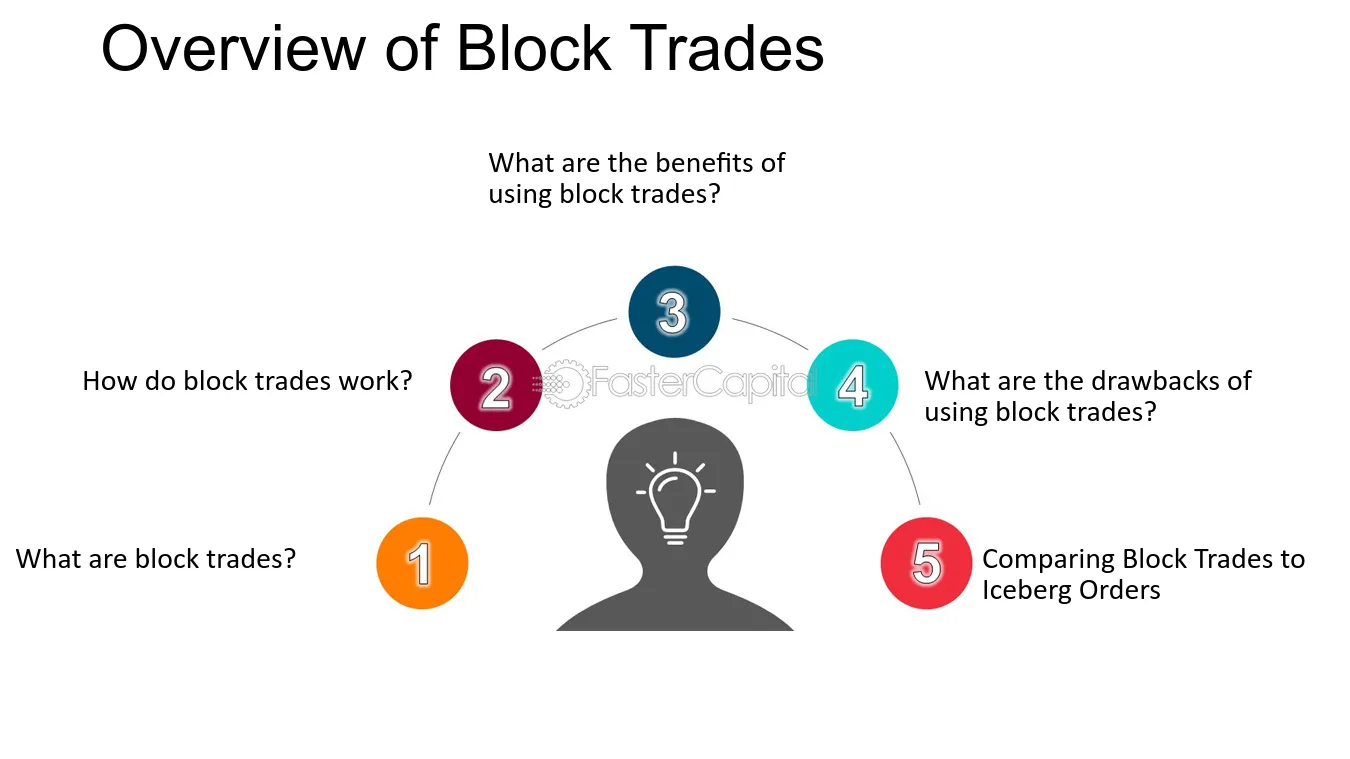What Is a CUSIP Number and How to Find Stock or Bond CUSIP
What Is a CUSIP Number? These numbers are assigned by the American Bankers Association (ABA) and are widely used by financial institutions, regulators, and investors to facilitate the trading and settlement of securities. They provide a standardized way to identify and differentiate between various securities. Overall, CUSIP numbers play a … …





